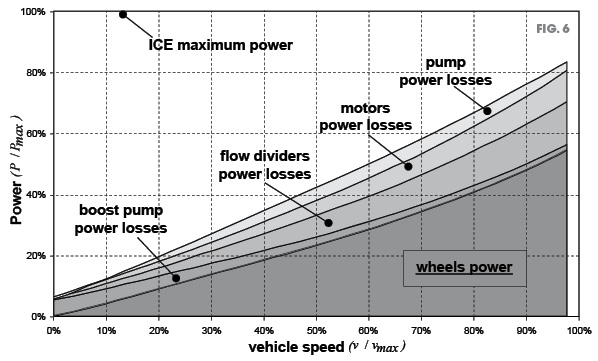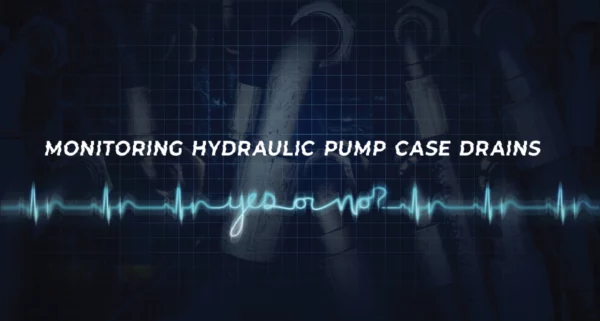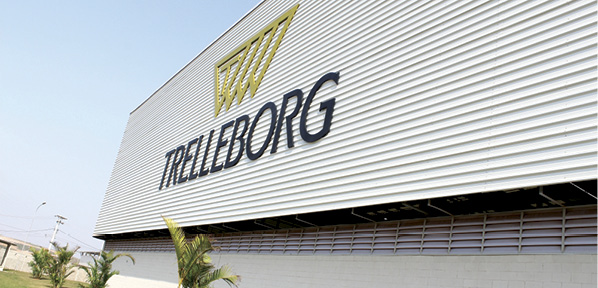Choosing a Fire-Resistant Hydraulic Fluid
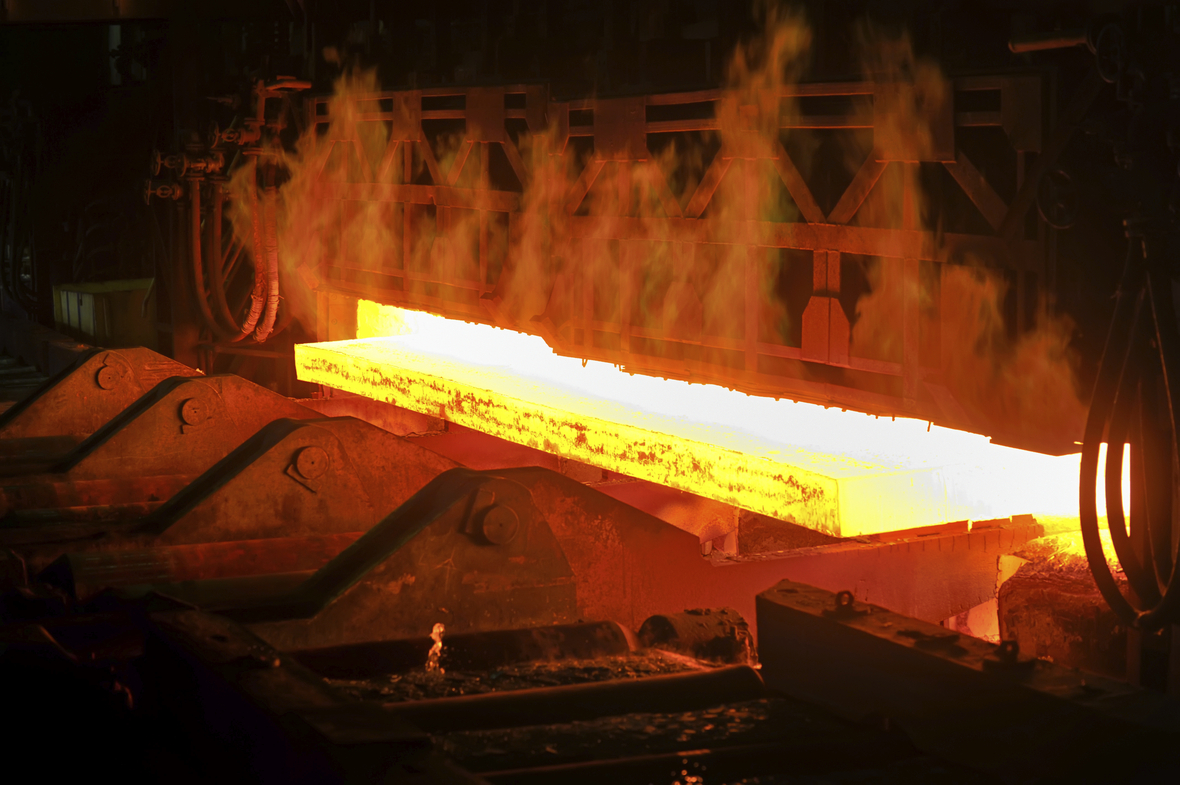
By Ronald Knecht, Global OEM Manager – Hydraulics & Lubricants, Quaker Houghton.
When lubricants operate under pressure, there is a risk of small leaks and a fine spray of lubricant being atomized into the air. If such leaks occur with mineral-oil-based lubricants in an area where there is an ignition source or near equipment running at high temperatures, a leak could lead to a catastrophic fire. This article looks at the key benefits of HFC and HFDu hydraulic fluids, as well as their individual merits and limitations.
While both HFC and HFDu hydraulic fluids reduce fire risk, improve operation safety, and enhance environmental performance, significant differences exist. Standing at 50-55% market adoption, HFC is a water-based fluid for industries in which there is a major risk of fire. In contrast, HFDu is a water-free fluid that’s designed to replace anti-wear mineral-oil-based hydraulic fluids and has a market adoption of 20-25%.
While the key role of both fluids is to protect against fire and the consequential financial losses caused by application downtime, choosing which to adopt primarily comes down to the specific needs of the application. For example, in applications where workers are present, such as die casting, the uncompromising fire resistance of HFC will often be favored. While in applications free of any human presence, such as a blast furnace, the enhanced system reliability offered by HFDu will generally drive decision-making.
While there is scope to convert applications from HFC to HFDu, the process is costly and requires extensive flushing and testing. It’s therefore important to understand which hydraulic fluid makes the most sense from a safety, cost, and environmental perspective from the beginning to optimize the associated benefits of increased productivity, reduced downtime, and enhanced work safety.
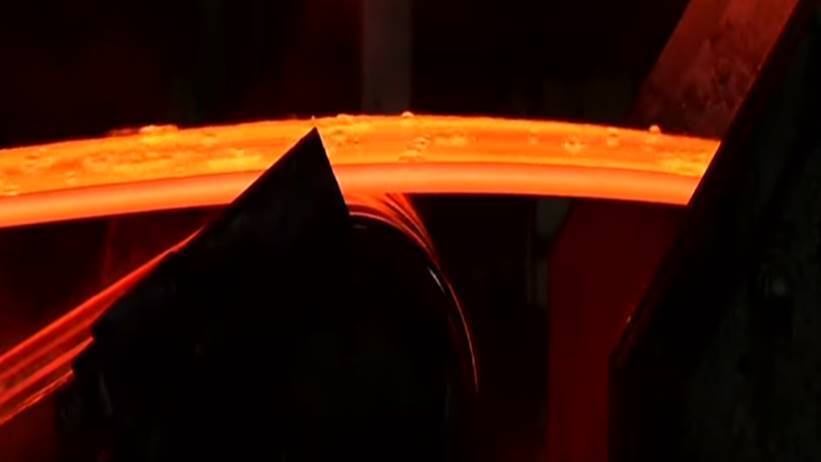
The case for HFC
HFC, or water glycol fluids, are the most widely used fire-resistant hydraulic fluids because of their cost effectiveness and their combination of excellent fire-resistant properties with good lubrication performance. Widely used in steel making, die casting foundries, pressure molding applications, and the automotive industry, HFC remains the market standard.
In addition to offering uncompromising fire resistance, other factors for choosing HFC include its OEM endorsements and comparable pricing with mineral oil. Unlike HFDu, HFC is also miscible with process water, which remains a key environmental consideration. However, some compromises do exist with HFC that need to be taken onboard.
Ongoing maintenance of HFC is essential, with regular sampling and analysis required to protect against costly component damage. A properly maintained HFC-operated system can behave very reliably.
The impact of neglected maintenance will often be a period of unplanned downtime, which needs to be meticulously scheduled to minimize the associated inconvenience and revenue losses. However, with an effective maintenance plan in place, the long-term cost efficiencies and safety benefits of HFC are beyond question.
While their fire-protection credentials are enviable, water-based fluids can result in a shorter service life for components due to corrosion and cavitation when maintenance is neglected. Hydraulic design limitations also exist in terms of pressure limitations, galvanized pipes, and paint inside tanks. In terms of limitations on flow and pressure, this can be resolved with the introduction of an HFDu, yet the associated costs may make HFDu a more viable long-term option.

Argument for HFDu
Widely acknowledged as the best fire-resistant alternative to mineral oil despite being more expensive, HFDu fluids are designed to replace anti-wear, mineral-oil-based hydraulic fluids used in applications where fire hazards exist. Additionally, they can be used in environmentally sensitive hydraulic applications without compromising the overall hydraulic system operations and design.
HFDu fluids are based on high-quality, synthetic, organic esters and carefully selected additives, and do not contain water, mineral oil, or phosphate ester. HFDu fluids deliver excellent and reliable hydraulic fluid performance. While initial fluid investments may be higher, HFDu fluids generally result in a total lower cost of ownership due to reduced downtime from maintenance and better lubrication, resulting in less energy consumption. Additionally, HFDu products have a long fluid life, can perform at higher pressure, and enhance system reliability.
Some compromises do exist however, as HFDu is two to three times more expensive than mineral oil. Its fire resistance meets international standards like Factory Mutual but is also not equal to its water-based alternatives, which is why HFDu fluids are often chosen for applications in which there is less risk to human life, such as blast furnaces.
Finally, HFDu is not miscible with water and as such doesn’t mix with wastewater. It can be skimmed off, which can have an impact on chemical oxygen demand, and more positive environmental and regulatory consequences. As ever, one needs to take a holistic view when weighing up the relevant benefits of water-free and water-based solutions.
It’s clear both HFC and HFDu hydraulic fluids offer a wealth of benefits. Deciding which makes the most sense to use ultimately comes down to what’s best for the specific application. Therefore, fire resistance, environmental impact, thermal stability, fluid maintenance, system reliability, the total cost of ownership, and price all need to be given serious consideration.
Quaker Houghton’s expertise in fire-resistant hydraulic fluids can provide clarity, guidance, and the world’s leading brands of fire-resistant hydraulic fluids. HOUGHTO-SAFE for HFC includes excellent corrosion inhibition, excellent lubrication, and low heat release. While HFDu QUINTOLUBRIC has properties that strongly limit the spread of fire, reduce environmental impact, and lower the total cost of operation.
By offering both best-in-class HFC and HFDu products, Quaker Houghton can be completely objective in their recommendations, taking onboard the unique requirements and challenges of every application.
For more information, visit https://fireresistantfluids.com/.


